Aligning Youth Work Activities with DigComp 2.1 Framework – Webinar
Digital Generation Youth project consortium members from Nigeria, South Africa, Lithuania and The Netherlands gathered for an online webinar. They aimed to explore the vast possibilities the DigComp 2.1: The Digital Competence Framework for Citizens offer for learning providers. This webinar aimed to encourage project partners to connect project activities with existing frameworks and support the competence recognition process.
Enjoy watching the video recording of the call and learn about:
- Getting to know each other (from 0:00)
- Exploring the concept of DigComp 2.1 with Henry Uithaler (structure, content, competence areas and competencies, proficiency levels, dimensions) (from 5:21)
- Examples on how to use DigComp 2.1 levels in your activities with Sandra Van de Kraak (from 10:23)
- Implementation guidelines (5 steps) for DigComp 2.1 (from 15:35)
- Sharing results from the discussion in smaller groups – adapting the framework for local realities (from 17:10)
- Example of DC4JOBS project using DigComp framework (from 20:50)
- Additional DigComp resources (from 26:13)
- Evaluation of the webinar and closing remarks (from 27:30)
Presentation can be found here: Webinar presentation
The Ready4Life educator Henry Uithaler, emphasized that DigComp 2.1 is the second edition of the 2.0 version from the EU Digital Competence Framework for Citizens. The biggest advantage of this framework is that it is very flexible and adaptable. Later on webinar participants tried to go through their local programmes and/or activities and compare them to the different levels of proficiency and competence area of the framework. Eventually participants agreed that the framework is very much adaptable to different realities and easy to use.
So the DigComp 2.1 framework has 5 competence areas:
- Digital content creation
- Safety
- Problem solving
- Information and data literacy
- Communication and data literacy
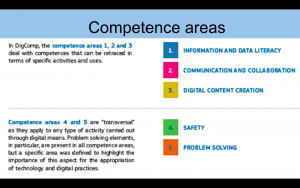
There are 8 proficiency granular levels divided into 4 main overall levels:
- Foundation (levels 1-2)
- Intermediate (levels 3-4)
- Advanced (levels 5-6)
- Highly specialised (levels 7-8)
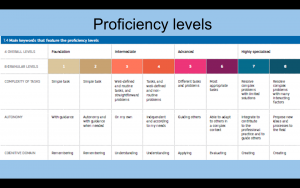
Sandra Van de Kraak, the social worker and innovator from Breakthrough shared a simple yet very useful example of how to use DigComp 2.1 levels in educational activities. Basically one can take the different skills that a competence has. In this case, the Safety competence area has 4 main categories. Under one of the categories you need to focus on a particular competence (e.g. creating strong passwords, level 1 proficiency). This competence is then divided into three categories – skills, knowledge about the topic and the independence and responsibility shown. If a person can showcase all of them in this particular competence it is being noticed that the person is proficient in this area. And then – just level up!
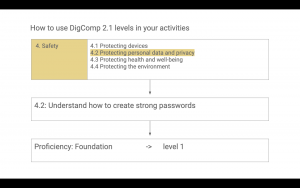
A perfect example on how this framework can be used on a local and international level was showcased by a project DC4JOBS experience. DC4JOBS – Digital Competences for Jobs is a strategic partnership project, which promotes digital literacy among young people and fights youth unemployment. To bridge the gap related to skill mismatch between education and jobs, the project partners develop an interactive platform to up-grade, up-skill or re-skill digital competences of youth to meet the needs of the labour market. The project consortium consists of seven partners from Cyprus, Germany, Latvia, the Netherlands, Romania and Spain.
Would you like to join the growing global network of Cities of Learning?
You can:
- Create and initiate learning activities on the global.cityoflearning.eu
- Promote Cities of Learning in your city or region and establish it! Contact us for more information by email: info@badgecraft.eu and read more in our Starter Kit
- Participate in various activities, learn and earn badges. Choose your city and explore opportunities here: citiesoflearning.eu
This webinar was delivered within the Digital Generation Youth project that aims to transfer methodologies of youth digital literacy education. This project is implemented with the support of Erasmus+ co-funding


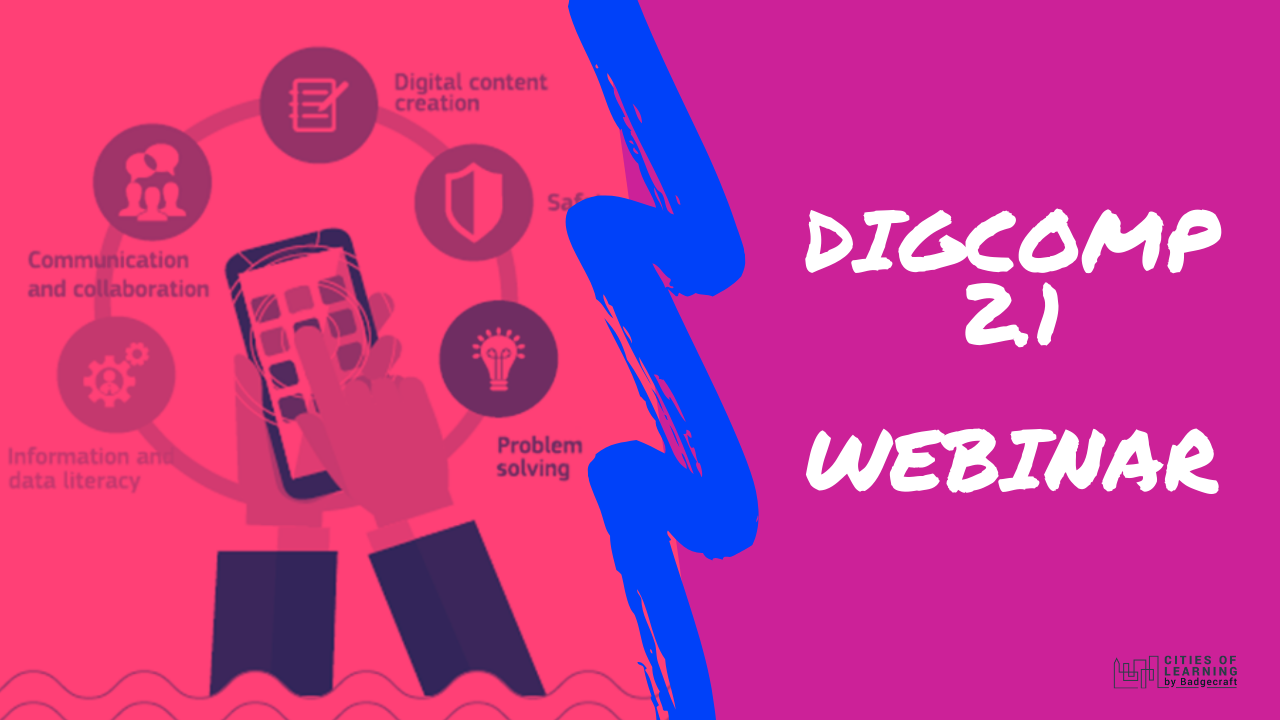

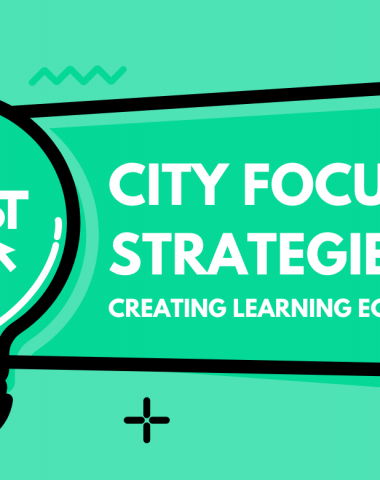

Add Review